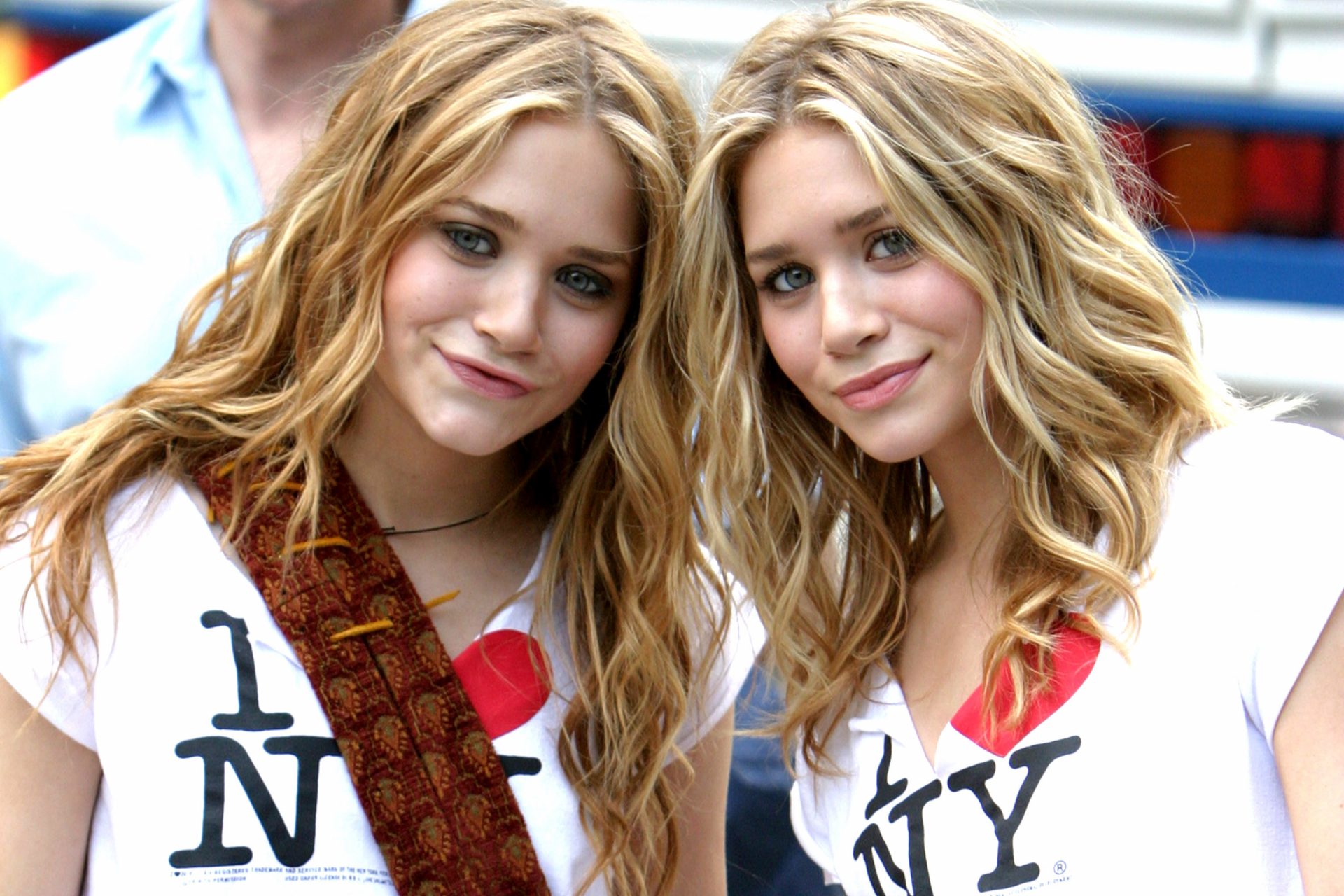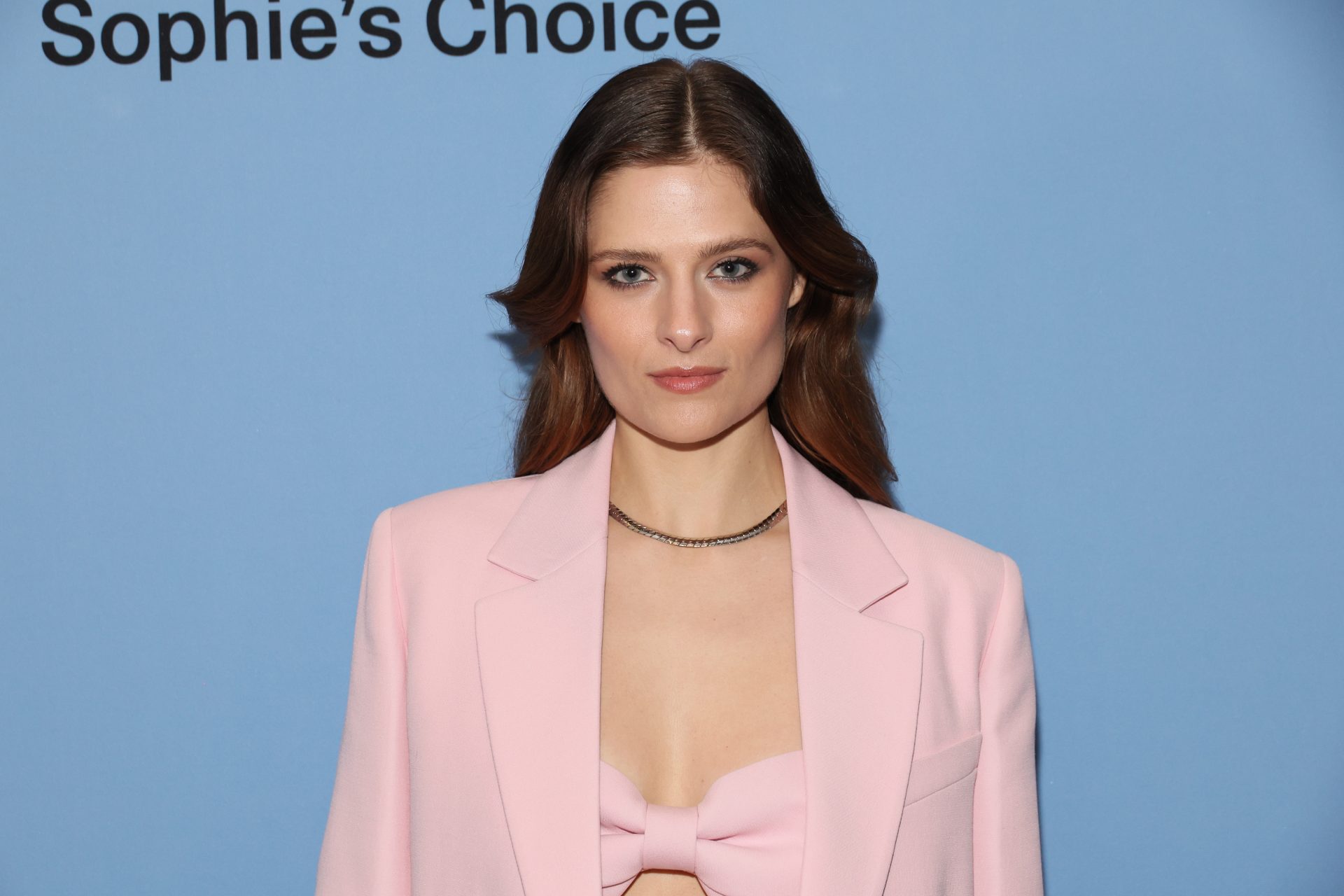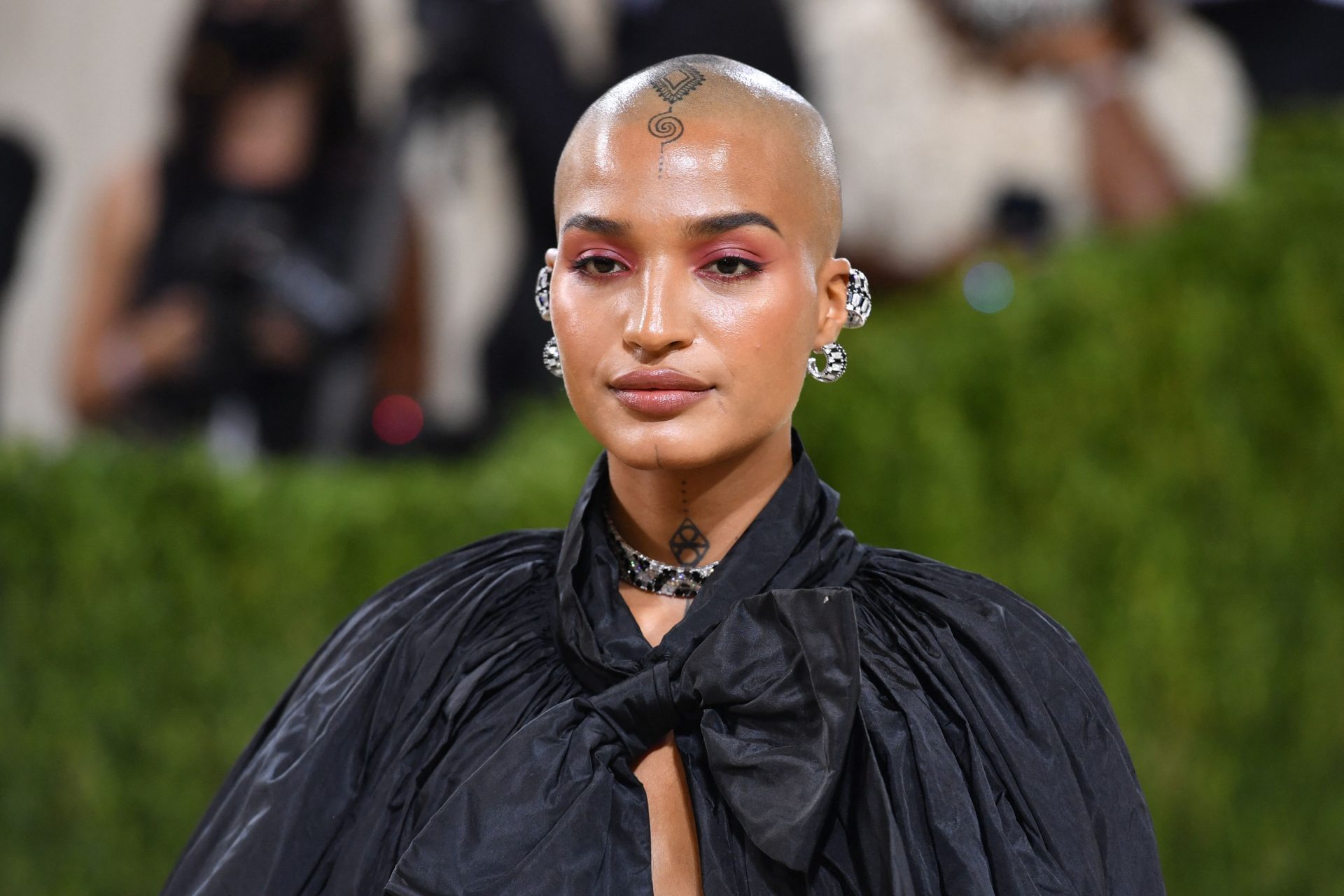Miss Universe has changed: see how the rules are more flexible now
Miss Universe is going through a lot of changes. In October 2022, it was bought by a trans woman, Anne Jakkaphong. Standing in the middle of this photo, wearing a beige dress, she is a billionaire of Thai origin.
Even before Jakkaphong announced her new ownership, there were already reports that the beauty pageant's standards were going to shift. Let's see how the contest has transformed and what else is in store for its contestants.
Miss Universe began in the early 1950s. It was born out of controversy. After all, there was already a Miss America contest, so why would we need another beauty pageant?
Well, at that time, the ruling Miss America, Yolande Betbeze, refused to wear a Pacific Mills bikini. In response to her refusal, the company decided to launch its own contest. Not only would it feature its beloved bikinis, but it would also cover 'the entire universe' rather than just the United States.
The rules of the competition changed little by little, as did the times. In the 1960s, CBS TV bought the rights to the contest.
It took until 1972 before the Miss Universe pageant started traveling the world. Its first host country was Puerto Rico.
The first black woman to win the contest was Janelle Commissiong from Trinidad in 1977.
Important limitations for the contestants were their marital status and their age: they had to be between 17 and 24 years old and could not be married. Miss Universe was, after all, a 'Miss' and not a 'Mrs'!
Nor could the contestants or the winner (for the entire year of her reign) get married or get pregnant.
In the 1990s, more women could participate, as the former Soviet countries joined the contest.
This new era opened the pageant to changes in the concept of beauty. Following the expansion of women's rights, the contest started valuing communication, intelligence, and other talents besides physical beauty.
Finalists would hold interviews for this purpose, and the winner was, on the face of it, chosen for her brain as well as looks.
From 1996 to 2015, Miss Universe was (partly) owned by Donald Trump. His leadership of the pageant brought several changes. Trump lowered the importance of 'intelligence' and looked for a more 'Top Model'-style concept.
His influence was such that Trump himself chose the four semi-finalists. According to The New Yorker, he tended to favor the candidates from countries he liked or countries he wanted to do business with. The beauty queens called this 'the Trump card.'
In the past, the finalists all stood together as they waited for the winner to be announced. In more recent years, that rule was changed. The finalists are now called in ascending order. They leave the stage until there are only two women left: the winner and the runner-up. It makes for a more dramatic scene.
In recent years, other parts of the Miss Universe rulebook have been tweaked to represent more modern times. Since 2012, it says, for example, that the participant must be legally a woman.
Why this change in the language of the rules? Well, by including all who are "legally women," the contest tacitly leaves the possibility for a transgender woman to participate. The only condition is that her country of origin recognizes her as a woman.
An example of this new inclusivity is Angela Ponce, Miss Spain; the first transgender woman in the Miss Universe pageant in 2018.
Spain was not only progressive with its transgender candidate. In 2014, having reigned for a year as Miss Universe Spain, Patricia Yurena Rodríguez revealed she was in a relationship with a woman. Then, in 2019, the Burmese model Swe Zin Htet (photo) was the first openly lesbian contestant in the international Miss Universe pageant.
Now, things appear to be changing even more. In addition to all women 'legally defined,' the organization of Miss Universe is planning to stretch the rules for participation even further.
In September 2022, the organization announced that it is planning to allow married women into the contest as of 2023. After 72 years, an essential rule for the beauty pageant is overturned.
In addition, women with children are allowed to compete. It doesn't matter if they are married or not. Both changes, of marital status and maternity, are revolutionary in the world of beauty pageants.
According to the Daily Mail, a memo obtained from the Miss Universe Organization says that "women should have agency over their lives... A human's personal decisions should not be a barrier to their success."
Ideas of universal beauty are becoming more flexible, as individual countries decide to send representatives from all walks of life. Relatedly, though in a different pageant, the Miss Germany competition of 2021 expanded its pool of candidates to include women with different abilities, measurements, and age ranges.
Image: Miss Germany 2021 contestant Gina Rühl.
At Miss Universe, age seems to be the last frontier, though. The limits have only changed a little. Previously, it was 17 to 24 years and now a candidate has to be between 18 and 27.
So for mature models like, for example, Maye Musk, there is still no place in Miss Universe! Will that limitation disappear in the future as well?





































